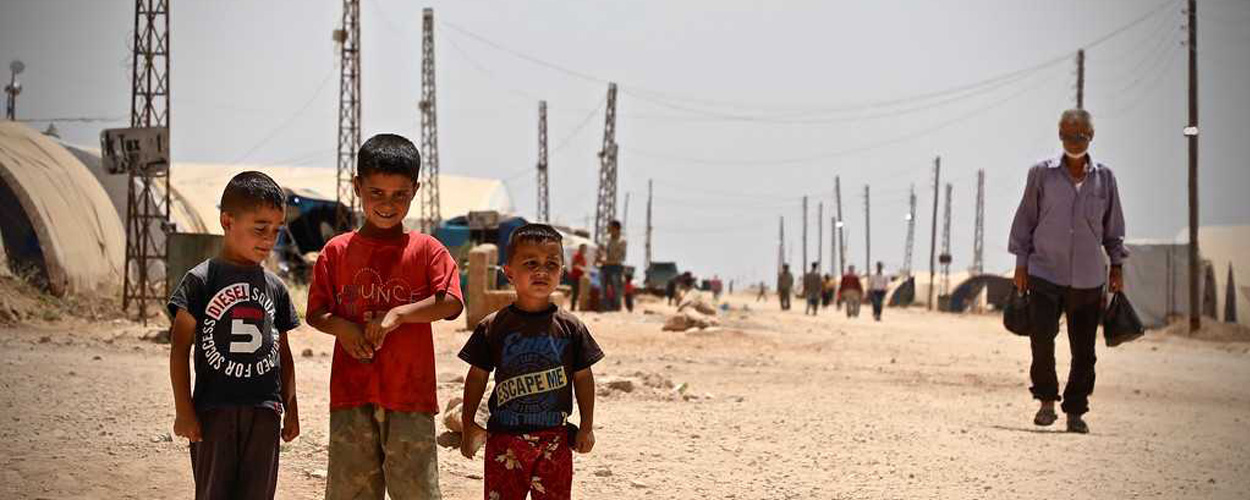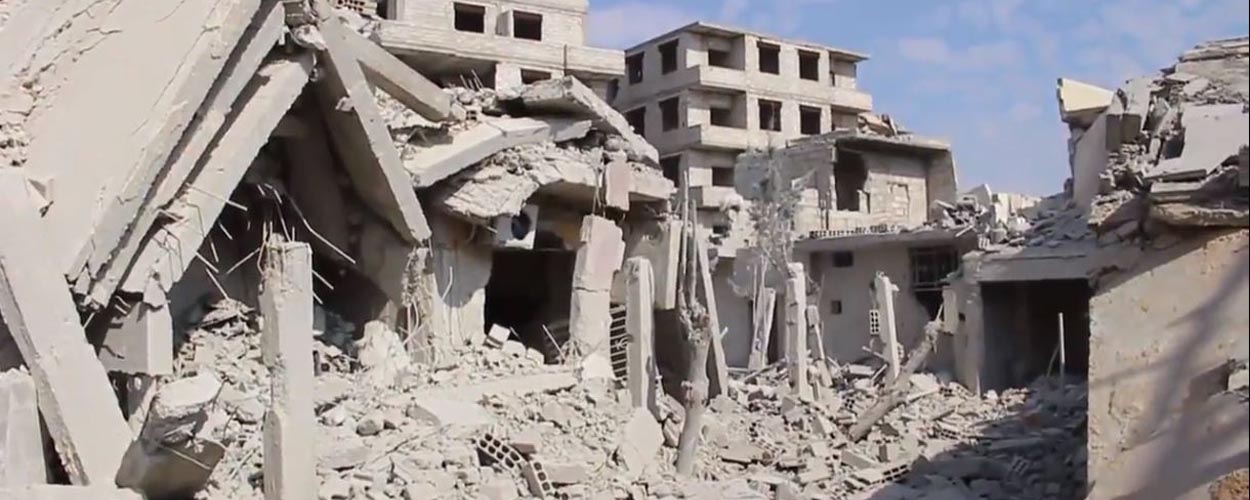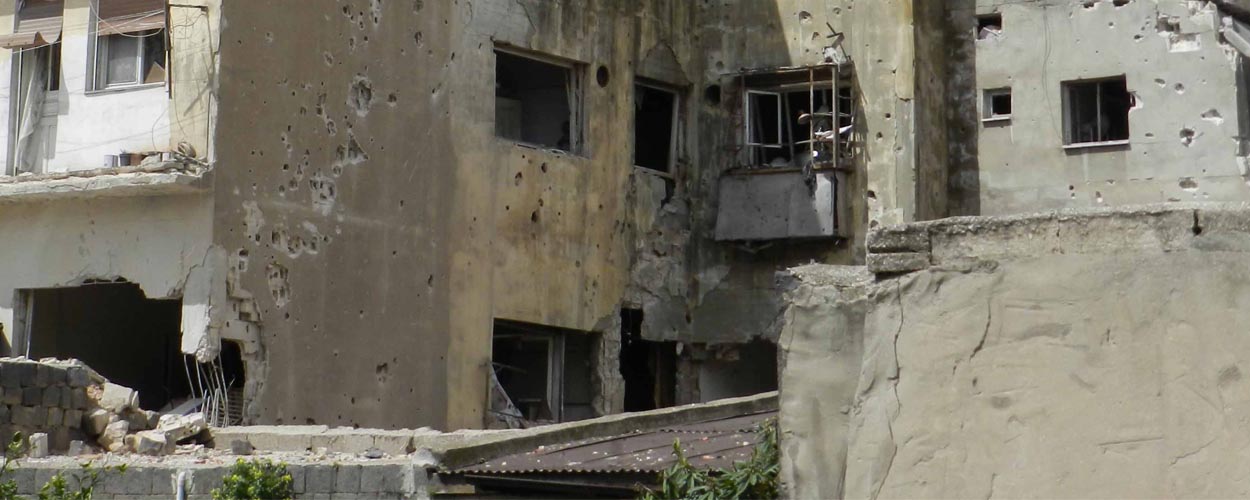I’ve just returned to Britain after many months away, and it’s as if I never left. When Rip Van Winkle woke up from his 20-year slumber, he encountered a world altered beyond recognition. The United Kingdom, however, is mired in the same debate that has raged for years over how and whether to sever its ties to the European Union. The fracas that dominated the airwaves, newspapers and public discussion a year, even two years, ago has not budged. The crisis is no nearer resolution than it was when a slim majority voted to leave the European Union in the referendum of June 2016. Spokespeople for the Brexit faction are still demanding that Parliament implement the people’s will, while their opponents warn that departure on any terms harms the country more than staying in. Both have a case, but nothing is moving.
The discussion should be reasoned and thoughtful, but it isn’t. Instead, Parliament is staging a show, asserting its authority over the executive as it hasn’t done since Tony Blair turned the House of Commons into a rubber stamp for his Labour government’s policies. The House of Commons has become a circus with Speaker John Bercow playing ringmaster to unruly clowns, wild beasts and high-wire acts. Only the Liberal Democrats are united on the issue, standing firmly to Remain, but they have only 11 seats in Parliament. Within the two major parties, loyalties have evaporated. Brexiteers and Remainers sit on both Labour and Conservative benches. Moreover, extreme Brexiteers are voting with extreme Remainers to block the terms for withdrawal that Prime Minister Theresa May negotiated with the other 27 members of the European Union. They don’t want to keep Britain in a European customs union, especially when it will have no say on its rules. The Remainers who voted against May don’t like her deal for the opposite reason: Its rejection, they believe, will force either a general election or a second referendum to reverse the outcome of the first. Add to that the confusion over whether the physical border between Northern Ireland and the Republic of Ireland should be restored and jeopardize peace in the north, and you have a free-for-all that no one predicted during the 2016 referendum campaign.
The bloodshed has spread from Parliament to the pubs and the peaceful homes that Englishmen ostensibly regard as their castles. My own family, which is fairly evenly divided, allowed passions to rise so high over Christmas that we banned the topic from the dinner table. The irrepressible Stanley Johnson, father of two Conservative members of parliament famed for their conflicting stances, told me his Christmas was more fraught. Son Jo had resigned as a government minister because he favors Europe, and older son Boris quit as foreign secretary to lead the Brexiteers against May. Each boy is adamant that his way is the only way. Stanley, as he was about to carve the turkey, asked his offspring, “Which is it to be, boys, breast or thigh?”…
Continue reading →










